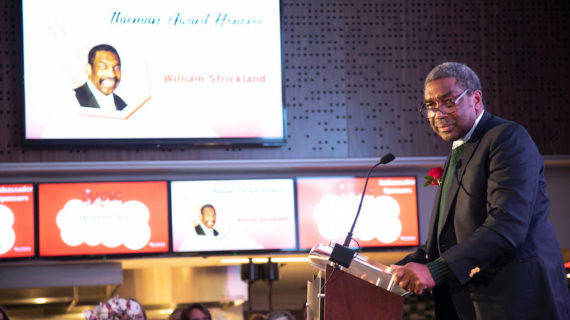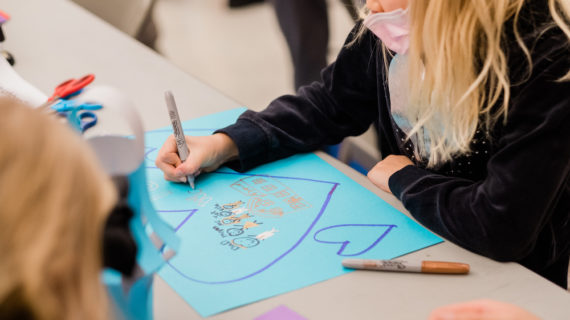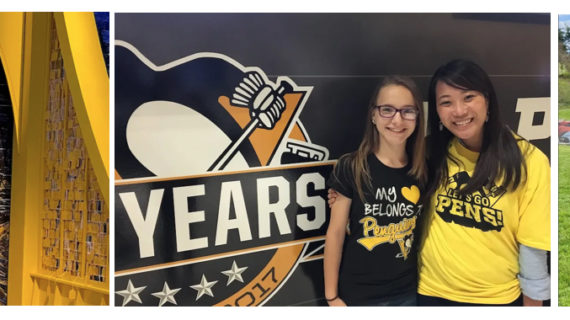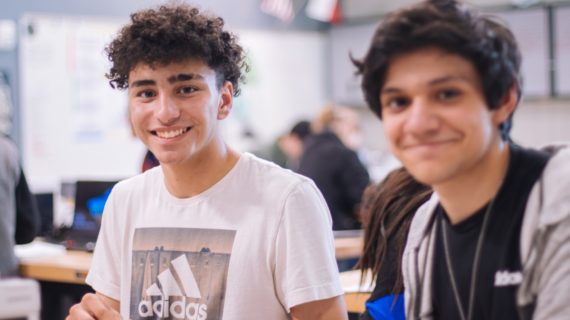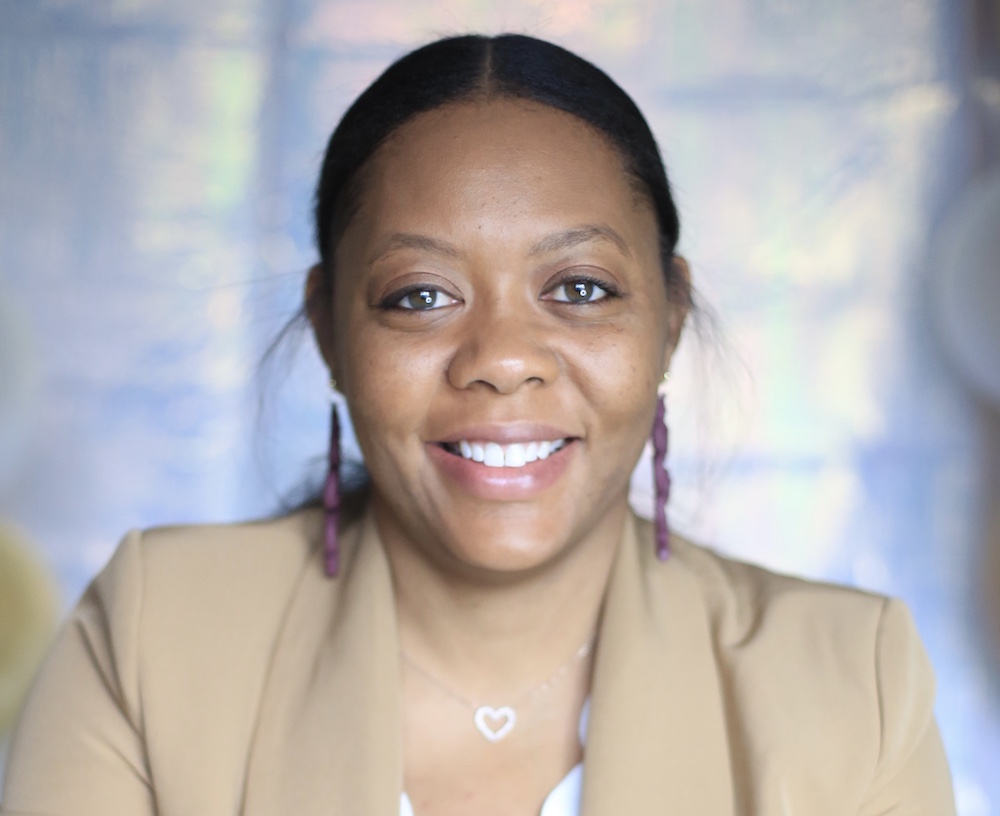
This HBCU alumna is paying it forward as a mentor through the Consortium for Public Education
This story was originally published by the Consortium for Public Education. Learn more about their work here.
It takes a loud, clear calling for someone to leave behind a doctoral program at Carnegie Mellon University, just shy of a dissertation, and set out on an entirely different career path.
Never mind that she’d already earned her Master’s, published a scientific paper as an undergrad, and interned at the Broad Institute — a research venture shared between Harvard University and the Massachusetts Institute of Technology. After volunteering in an after-school program at the Bible Center Church in Homewood, Stephanie Lewis was hooked.
She left CMU and stayed long enough at the Bible Center to expand STEAM programs for its Maker’s Clubhouse, and ultimately become Director of Educational Initiatives for its Oasis Project.
“My passion for the work just really increased,” she said. “It was an experience that changed my entire life trajectory.”
It also gave her the perfect preparation for counseling students at the crossroads between high school and their post-secondary paths, which she now does as one of nearly 20 volunteer mentors in the Consortium for Public Education’s program introducing students to Historically Black Colleges & Universities (HBCUs) and professionals of color who can share their career experiences and serve as sounding boards.
Appointed last fall as Remake Learning’s Director of Relationships, Lewis comes well-equipped in other ways as well. For one, she’s an HBCU alumnus. She graduated from Jackson State University in Mississippi, where the mentoring she received benefitted her enormously.
“I am a huge advocate for HBCUs,” Lewis said. “They’re really just very nurturing. I really encourage students, especially students of color, to attend HBCUs because you just truly feel like you belong, and they’ll do whatever you need to help you be successful.”
Among other reasons, there’s an emphasis on mentoring, she added. “I have mentors and advisors who I still keep in touch with to this day,” particularly one who helped her even at the Broad Institute, whose cutting-edge research work and renowned staff are no doubt daunting to all the neophytes lucky enough to land internships.
The support she received figured large in Lewis’s decision to volunteer in the Consortium’s HBCU/Mentoring program.
“I wanted to be a mentor because I’ve had mentors,” Lewis. “I’m simply recognizing how valuable that was for me, how it enhanced my life, and I want to pass that down.”
She also believes HBCUs need more visibility in this region. “I’ve noticed since I’ve been living in Pittsburgh that a lot of students aren’t aware of them, so I’m grateful for this opportunity,” she added. “I think having this opportunity to share and answer questions, or just be an example, can really help open the door for students.”
And, of course, if students wonder whether volunteer experiences can help them, if they fret about making the right career choices, or wonder whether it’s possible to change direction without risking catastrophe, there’s no better person to ask.
“To this day, I’m so happy I made that decision,” Lewis said.
Want to learn more about mentoring in the Pittsburgh region? Check out our interviews with local mentors and our Q&A with longtime mentor Bill Strickland.
